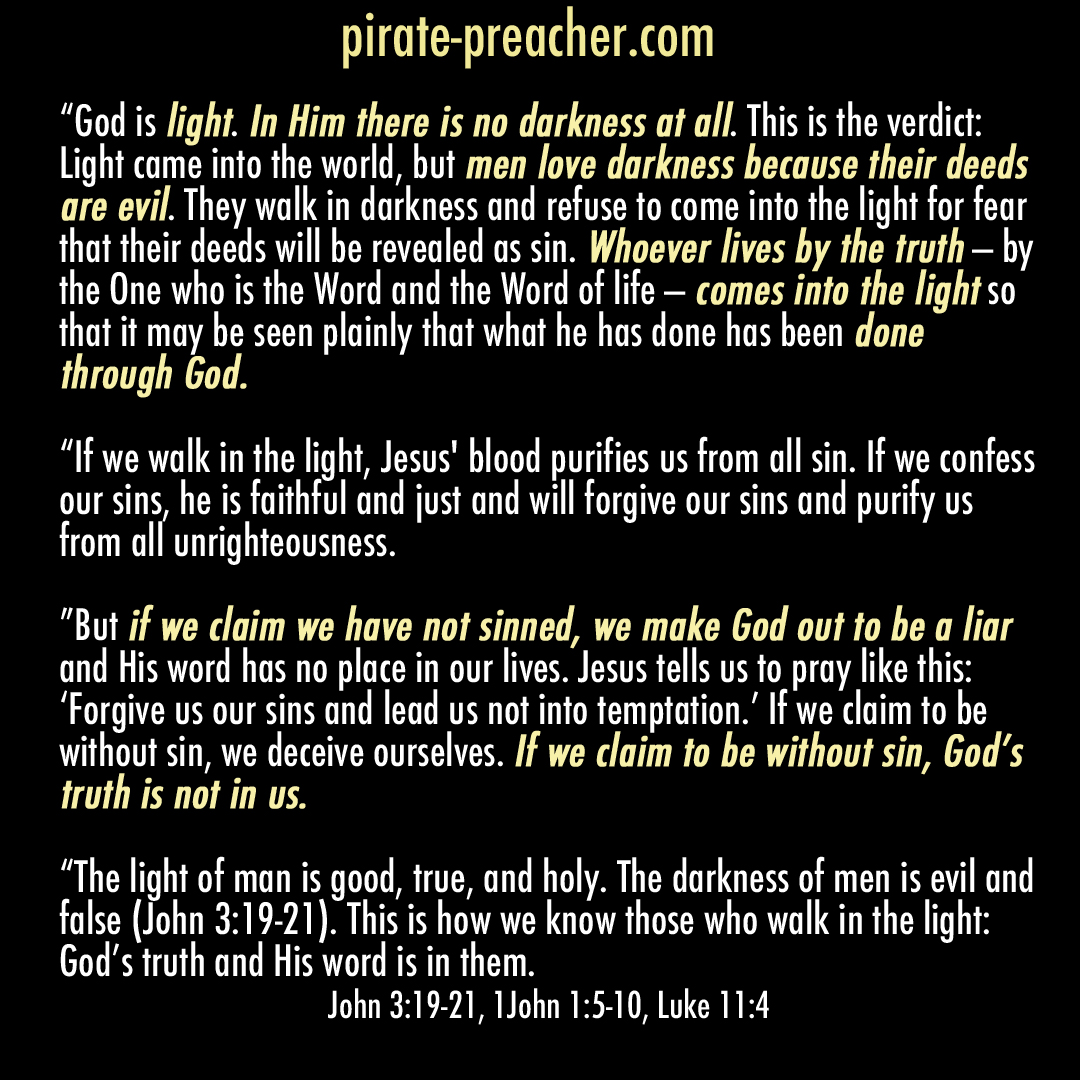Some of Jesus’ disciples remarked about how the temple was adorned with beautiful stones and with gifts dedicated to God. But Jesus said:
“As for what you see here, the time will come when not one stone will be left on another; every one of them will be thrown down.”
“Teacher,” they asked, “when will these things happen? And what will be the sign that they are about to take place?”
Jesus warned:
“When you see ‘the abomination that causes desolation’ standing where it does not belong—let the reader understand—then let those who are in Judea flee to the mountains.”
In 168 BC, Seleucid King Antiochus IV Epiphanes, sacrificed a swine at the image of Moses that stood in the outward court and sprinkled the altar with blood from the sacrifice. He likewise commanded that the holy books should be sprinkled with the broth made of the swine’s flesh. Further, he put out the lamp (called by the Jew “immortal”) which burns continually in the temple. Lastly, he forced the high priest and the other Jews to eat swine’s flesh. All this triggered outrage against his rule and led to the Maccabean Revolt.
Andrew and Simon, James and John would have known the history of the Temple’s desecration and clearly associated Jesus’ warning with an event so profane that no Jew in Jerusalem would miss its significance.
[When this happens . . .] “Let no one on the housetop go down or enter the house to take anything out. Let no one in the field go back to get their cloak. How dreadful it will be in those days for pregnant women and nursing mothers! Pray that this will not take place in winter, because those will be days of distress unequaled from the beginning, when God created the world, until now—and never to be equaled again.
In 63 BC, the Roman general Pompey the Great profaned the Temple by entering the Holy of Holies, which no one but the High Priest was allowed to do. He did not remove anything, neither its treasures nor any funds. In fact, the next day, he ordered the Temple cleansed and its rituals resumed. Crisis averted. But his callous act would have served as a warning to those who recalled Jesus’ words.
In fact, Pompey’s insolence preceded a similar event one hundred years later. Between 39 and 40 AD, the Roman emperor Caligula sent orders to Petronius, the governor of the Roman province of Syria, to install Caligula’s image inside the Temple of Jerusalem, “using whatever military force was necessary to see his orders through.” As they had when Antiochus IV Epiphanes profaned the Temple, Jews responded with riots.
In response, “Publius Petronius, the Roman governor of Syria, traveled to Jerusalem to quell the unrest. He asked the Jews if they were willing to go to war with Caligula over the matter. The Jews replied that they offered sacrifice twice daily for [Caligula] and the Roman people, but that if he wished to set up these statues, he must first sacrifice the entire Jewish nation; and that they presented themselves, their wives, and their children, ready for the slaughter.” — Jewish historian Josephus
In the end, the threat of the abomination passed without the installation of Caligula’s image and the crisis was averted. The purity of Jewish worship in the Temple, however, remained under threat.
63 BC . . . 40 AD . . . Another event could not be far behind.
In May AD 66, a Gentile mob, profaned a synagogue in Caesarea.
Josephus writes, “A Greek, who was aware of the strict laws held by the Jews in regard to ritual purity and cleanliness, placed a chamber pot” [toilet pot] “upside down at the entrance [to the synagogue] and was sacrificing birds on it.”
Author Tim Miller writes in his July 2018 article, “The Fall of Jerusalem in 70 CE: A Story of Roman Revenge, “Similar provocations had taken place in the previous decade; for example, Roman soldiers had exposed their buttocks to Jewish pilgrims. They” [Roman soldiers] “also had seized and burned sacred Jewish scrolls.”
According to Josephus, in reaction to the desecration in Caesarea in 66, one of the Jewish Temple clerks Eleazar ben Hanania ceased prayers and sacrifices for the Roman Emperor at the Temple. As far as Romans were concerned, the refusal to carry out the daily sacrifice was an overt act of rebellion.
In this moment Jews who remembered Jesus’ words, should have gathered their loved ones and fled for history seemed to be repeating itself. Had not the prophet Daniel warned?
From the time that the daily sacrifice is abolished and the abomination that causes desolation is set up there will be 1,290 days. Blessed is the one who waits and comes to the days of 1,335.”
Had not the Temple remained desecrated from 167 BC until 164 BC? If Jesus referenced a previous discretion as an inflection point, now would be the time to escape.
“When you see ‘the abomination that causes desolation’ standing where it does not belong—let the reader understand—then let those who are in Judea flee to the mountains.”
Past . . . then . . . and now?
“How dreadful it will be in those days for pregnant women and nursing mothers! 20 Pray that your flight will not take place in winter or on the Sabbath.” — Jesus
Protests over taxation joined the list of grievances and random attacks on Roman citizens led Rome to respond harshly. By order of the procurator Gessius Florus, the Jewish Temple was breached by Roman troops who had seventeen talents removed from the treasury of the Temple, claiming the money was for the Emperor. In response to this action, the city fell into unrest. This led to Roman troops marching on Jerusalem.
“When you see Jerusalem being surrounded by armies, you will know that its desolation is near. Then let those who are in Judea flee to the mountains, let those in the city get out, and let those in the country not enter the city. For this is the time of punishment in fulfillment of all that has been written.” — Jesus
Before this final siege, in September AD 66, Gallus Roman proconsul of Syria, sent detachments from the three other legions based in Syria to put down the Jewish Revolt. After suffering losses amongst his baggage train and rearguard, Gallus reached Mount Scopus and penetrated the outer city, but was unable to take The Temple Mount. After a siege of nine days, Gallus decided to fall back to the coast. His decision appears to have been based on the loss of siege equipment by ambush and the threatened cutting of his supply lines as the October and winter rains began.
From the perspective of Jesus’ warning, the retreat of Gallus would have been the time to heed Jesus’ warning.
“How dreadful it will be in those days for pregnant women and nursing mothers! Pray that your flight will not take place in winter or on the Sabbath.” — Jesus
And still, it appears few in Jerusalem fled. In fact, many assumed they had defeated Rome and celebrated. But the retreat and defeat of Gallus only emboldened Rome to strike back harder, with greater forces.
In August of 70 AD Roman general Titus conquered Jerusalem. Perhaps as a nod to Antiochus Epiphanes, one of his first acts was to sacrifice a swine near the eastern gate of the Temple. The destruction was complete, just as Jesus predicted.
“They will fall by the sword. They will be taken as prisoners to all the nations.” — Jesus
The end of Jerusalem had come. The Jews were scattered. Those who failed to heed Jesus’ words lay in the streets beheaded, run through, or dead from starvation brought upon them by the great siege.
Not until July 30, 1980, was Jerusalem once more restored and declared capital of Israel — the seat of power for its president, government, and ruling religious leaders. In passing “Basic Law: Jerusalem, Capital of Israel,” Israel promised to protect all Holy Places.
“The Holy Places shall be protected from DESECRATION and any other violation and from anything likely to violate the freedom of access of the members of the different religions to the places sacred to them or their feelings towards those places.”
“Jerusalem will be trampled on by the Gentiles until the times of the Gentiles are fulfilled.
“Then there will be signs in the sun, moon and stars. On the earth, nations will be in anguish. They will be perplexed at the roaring and tossing of the sea.” [Something like a huge mountain, all ablaze, was thrown into the sea. A third of the sea turned into blood. (Revelation 8:8)]
“People will faint from terror, apprehensive of what is coming on the world, for the heavenly bodies will be shaken. At that time they will see the Son of Man coming in a cloud with power and great glory. When these things begin to take place, stand up and lift up your heads, because your redemption is drawing near.
Truly I tell you, this generation will certainly not pass away until all these things have happened.
He who has ears to hear, hear what our Lord is saying. Jesus is coming . . . and soon.

